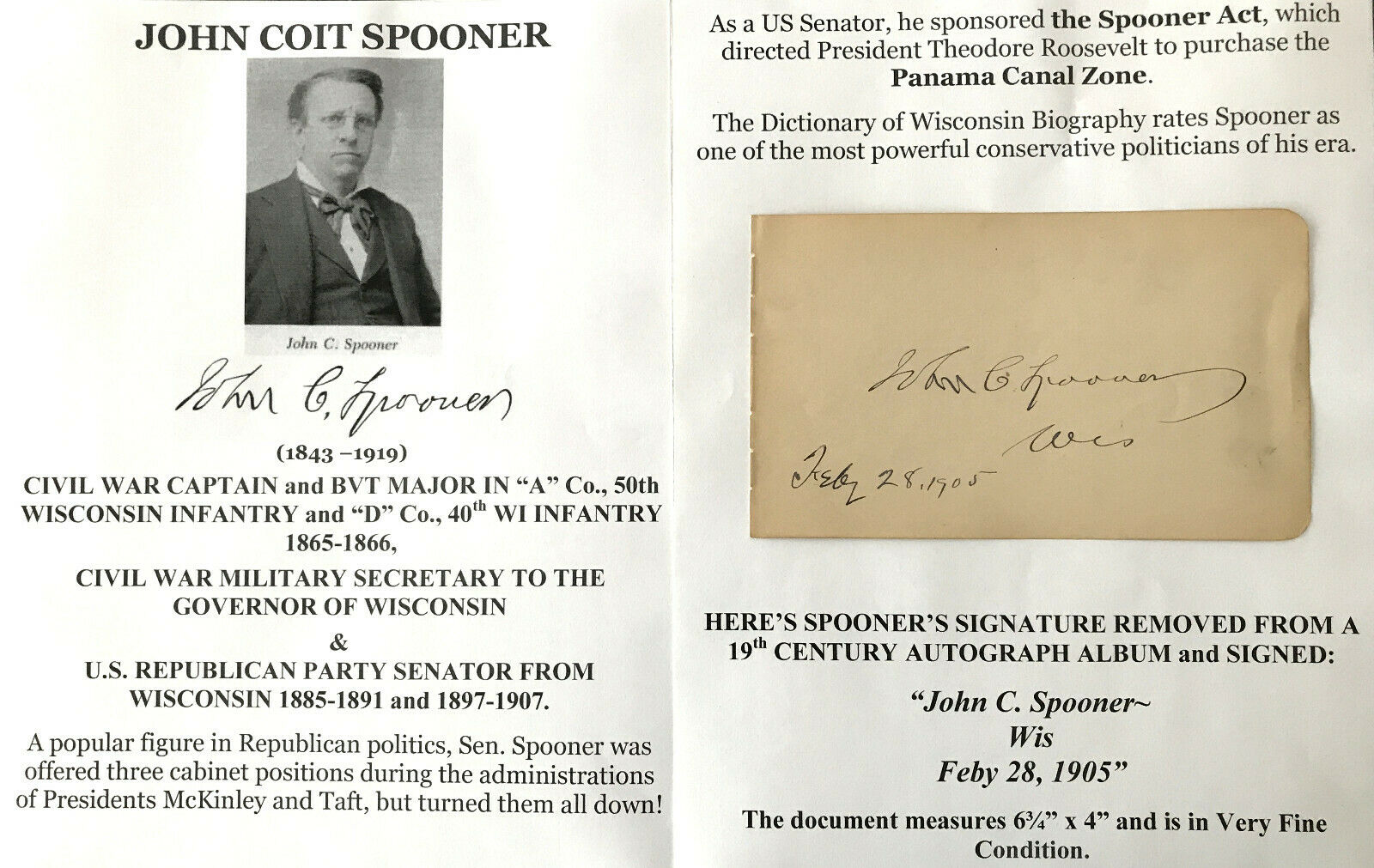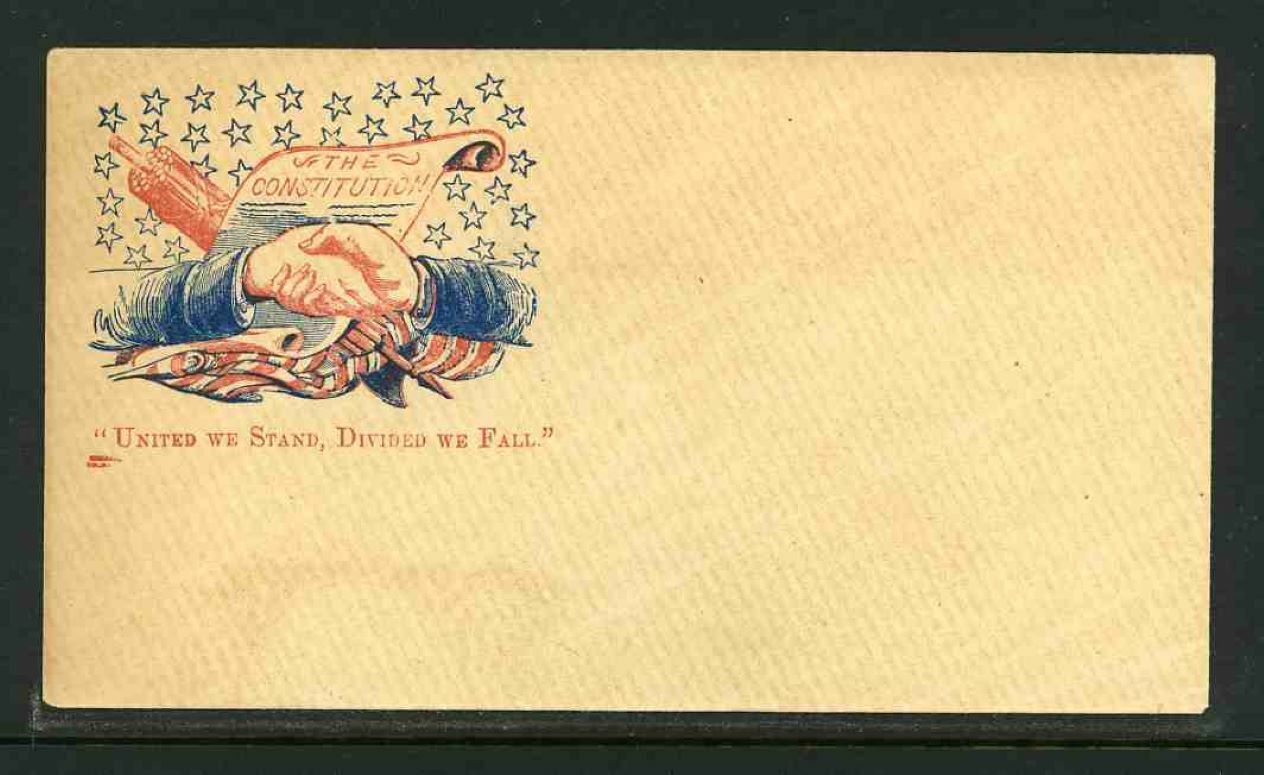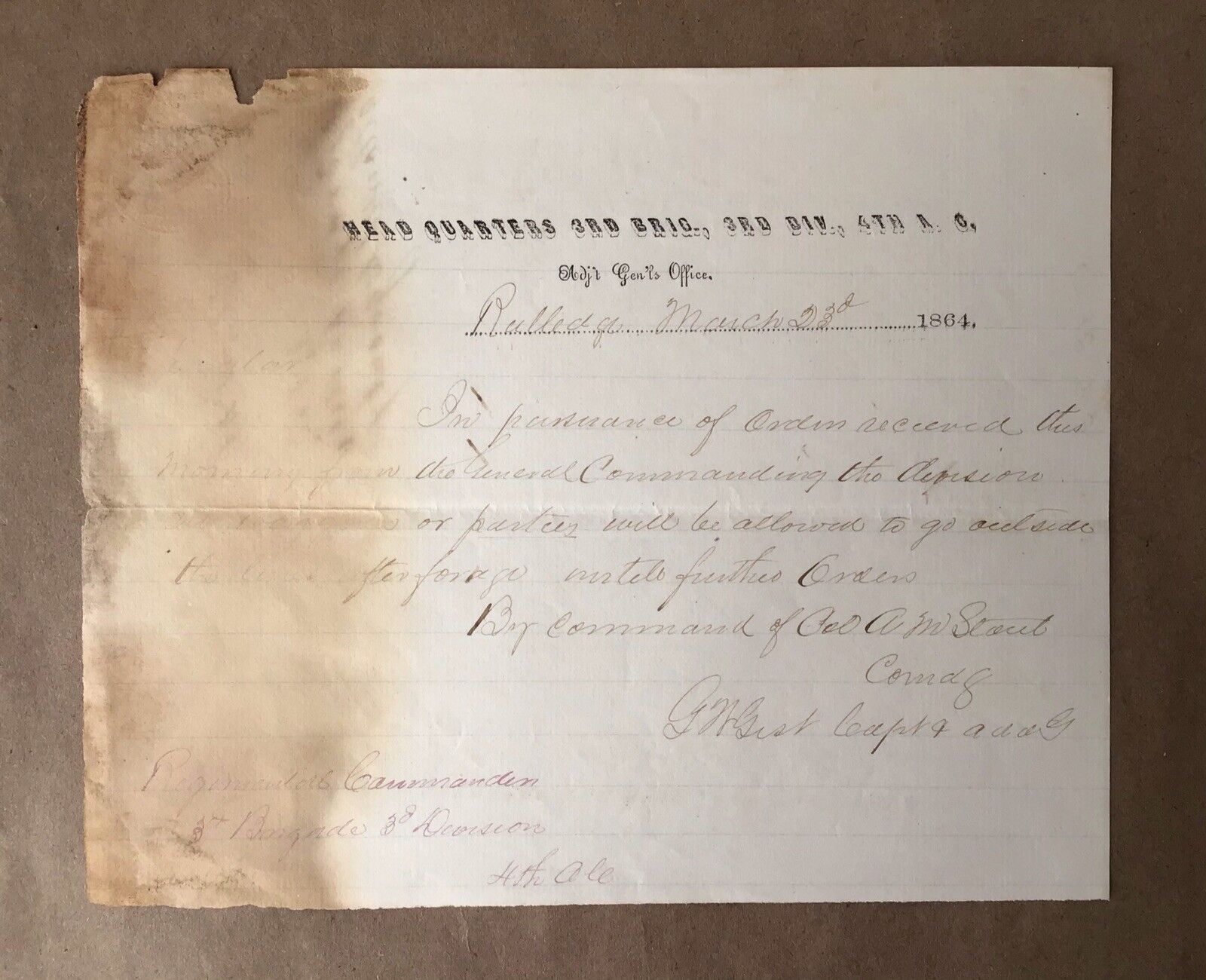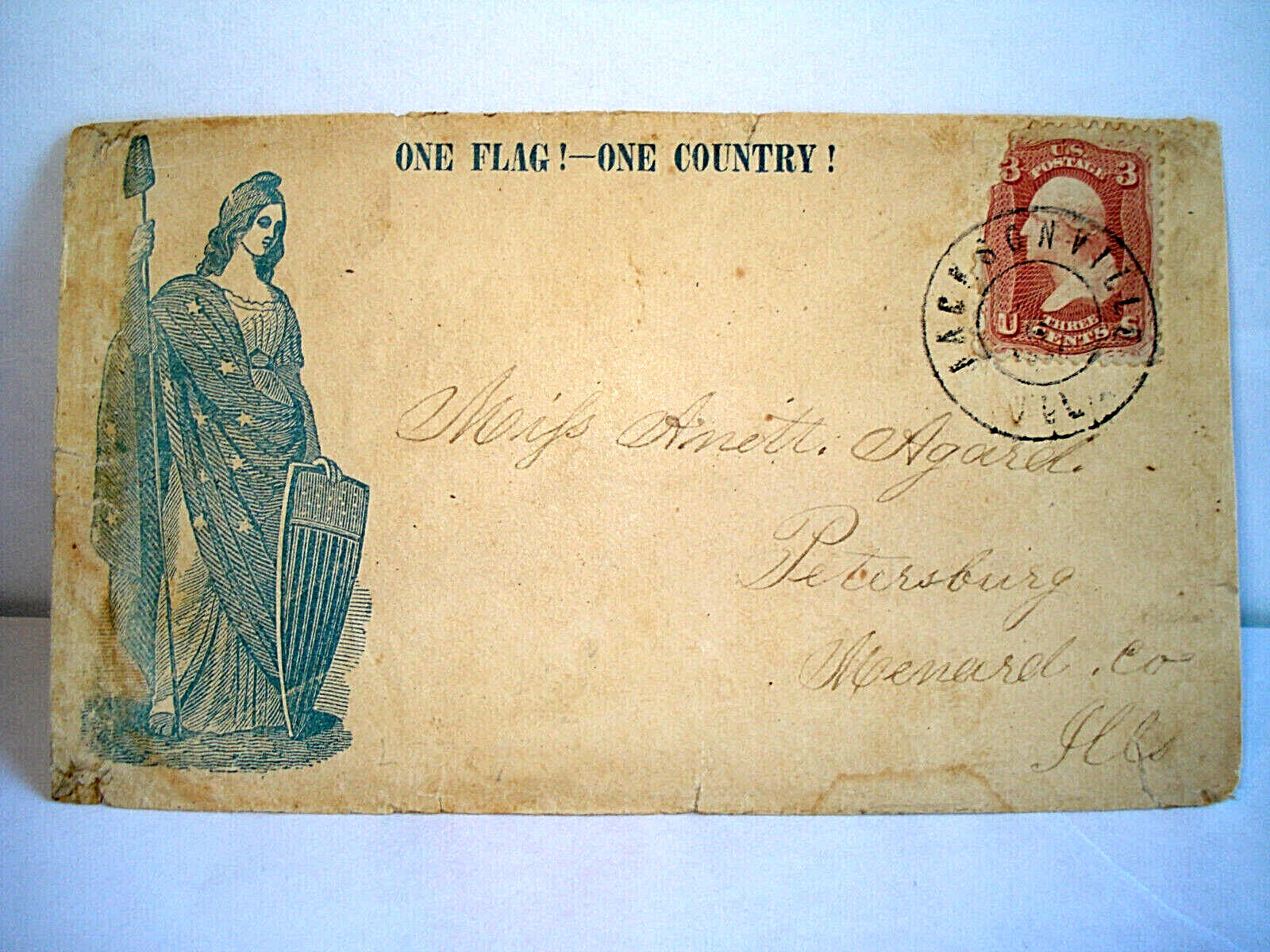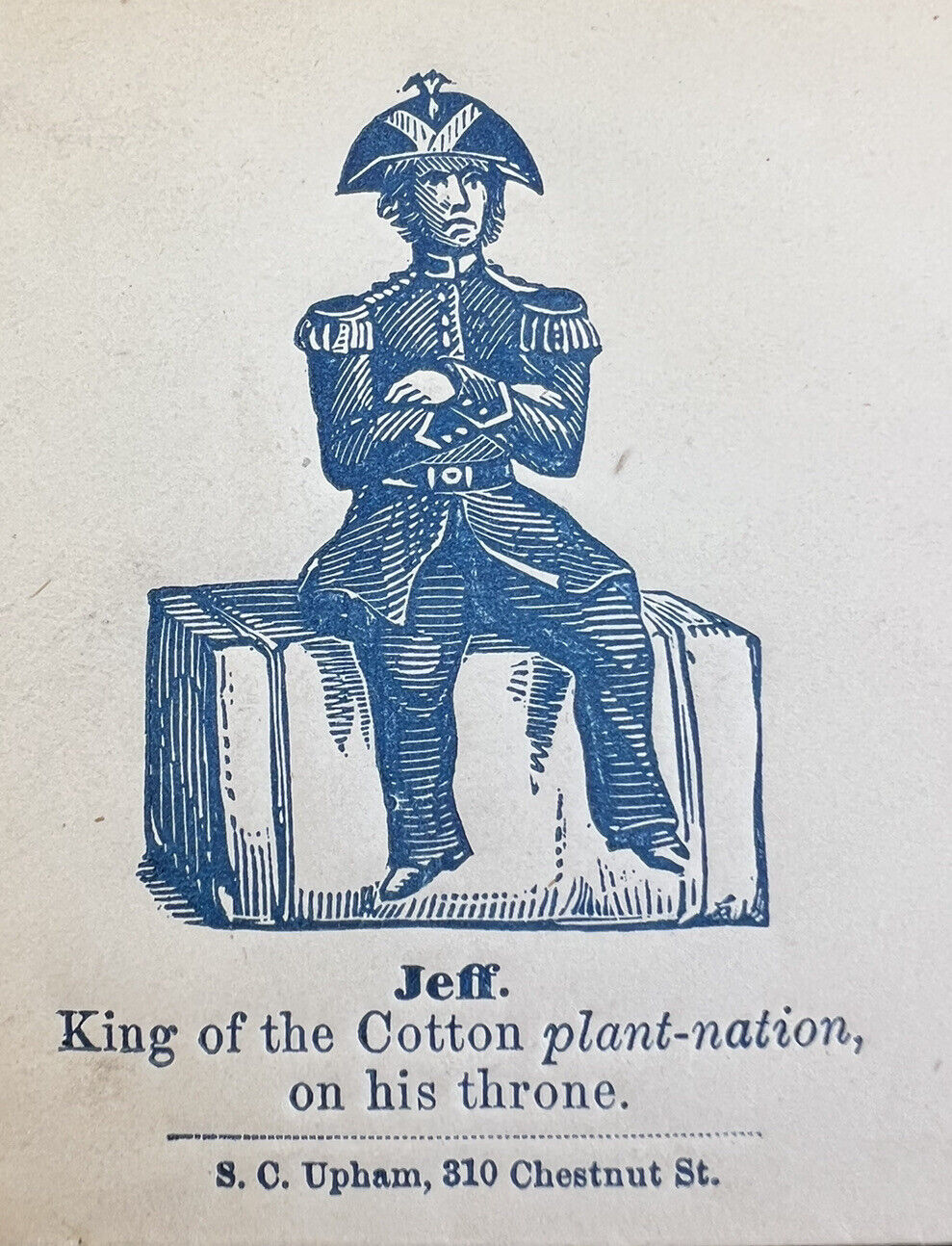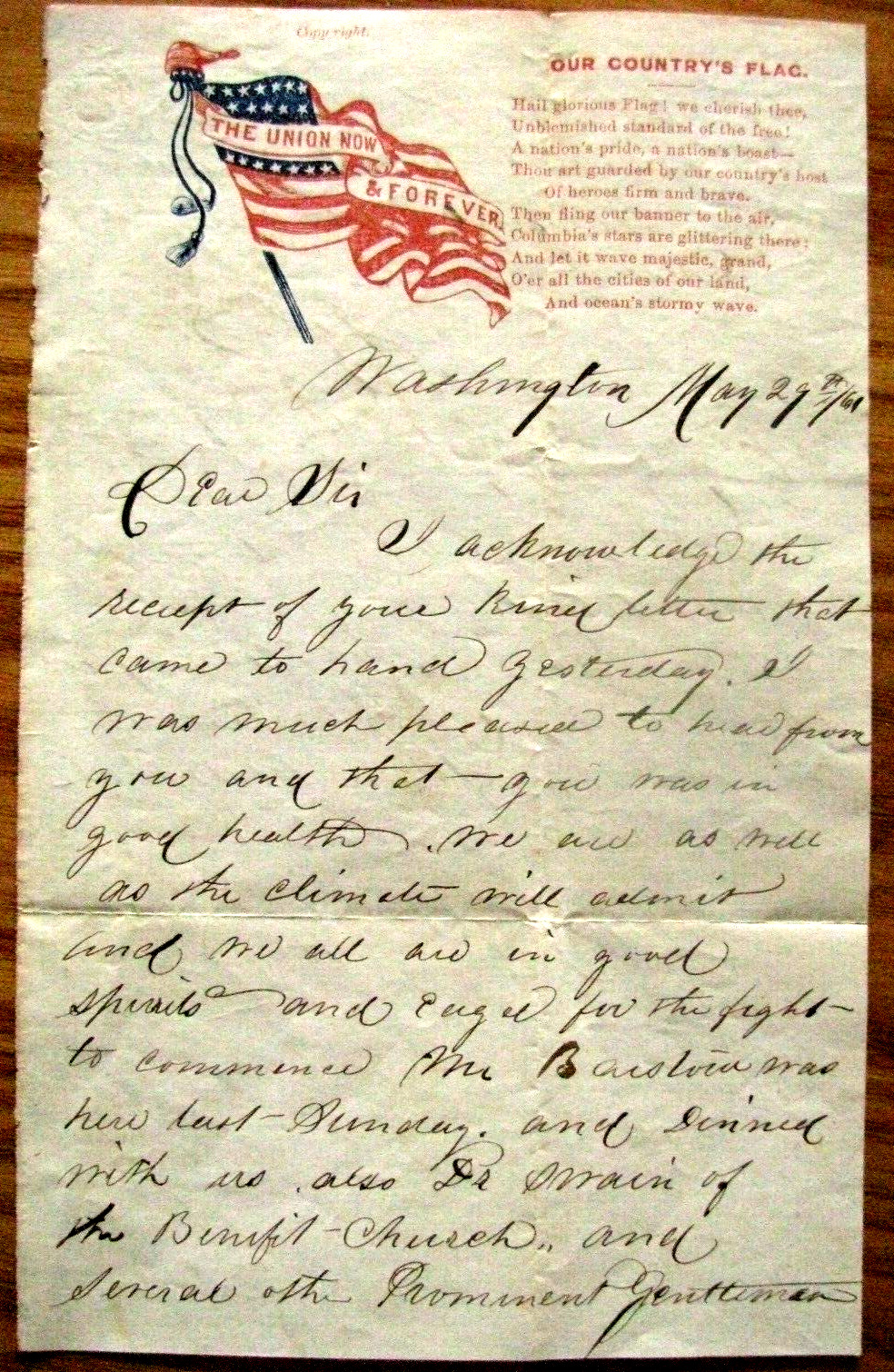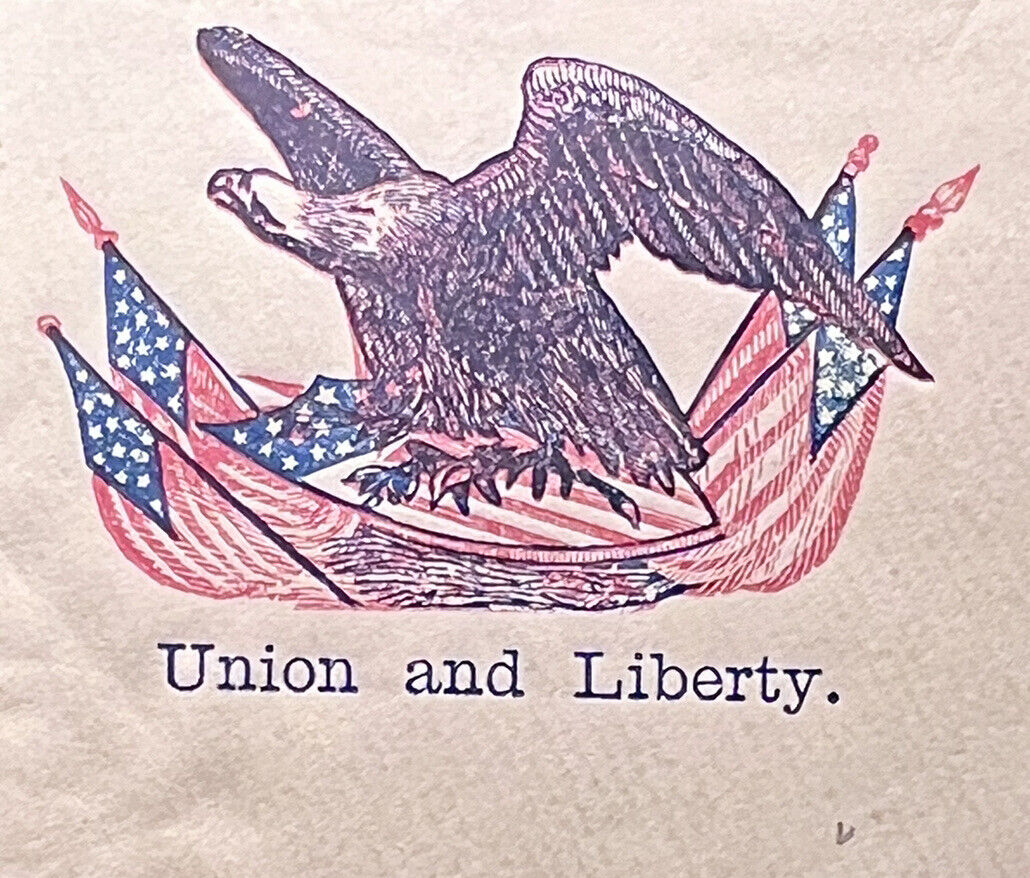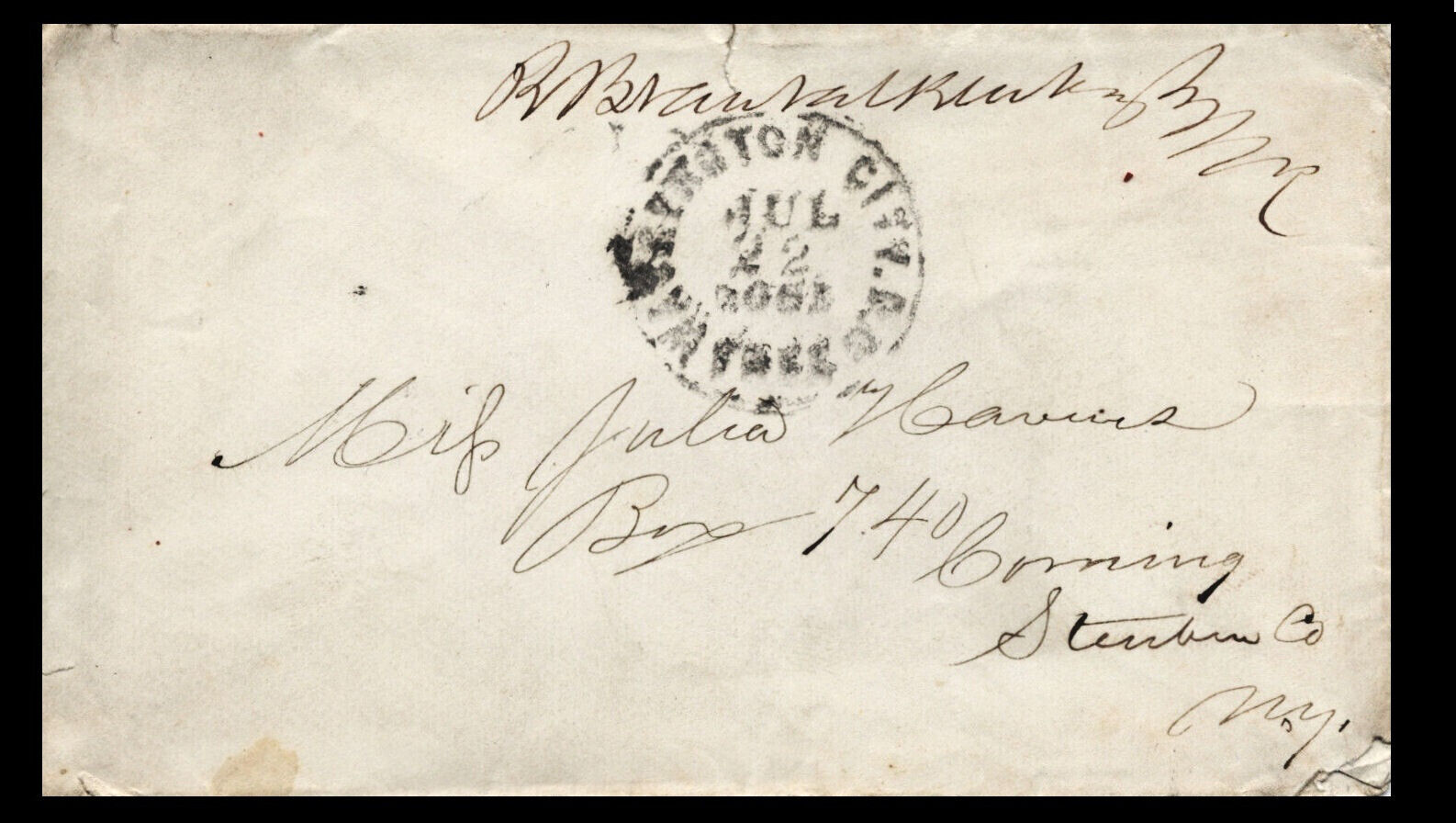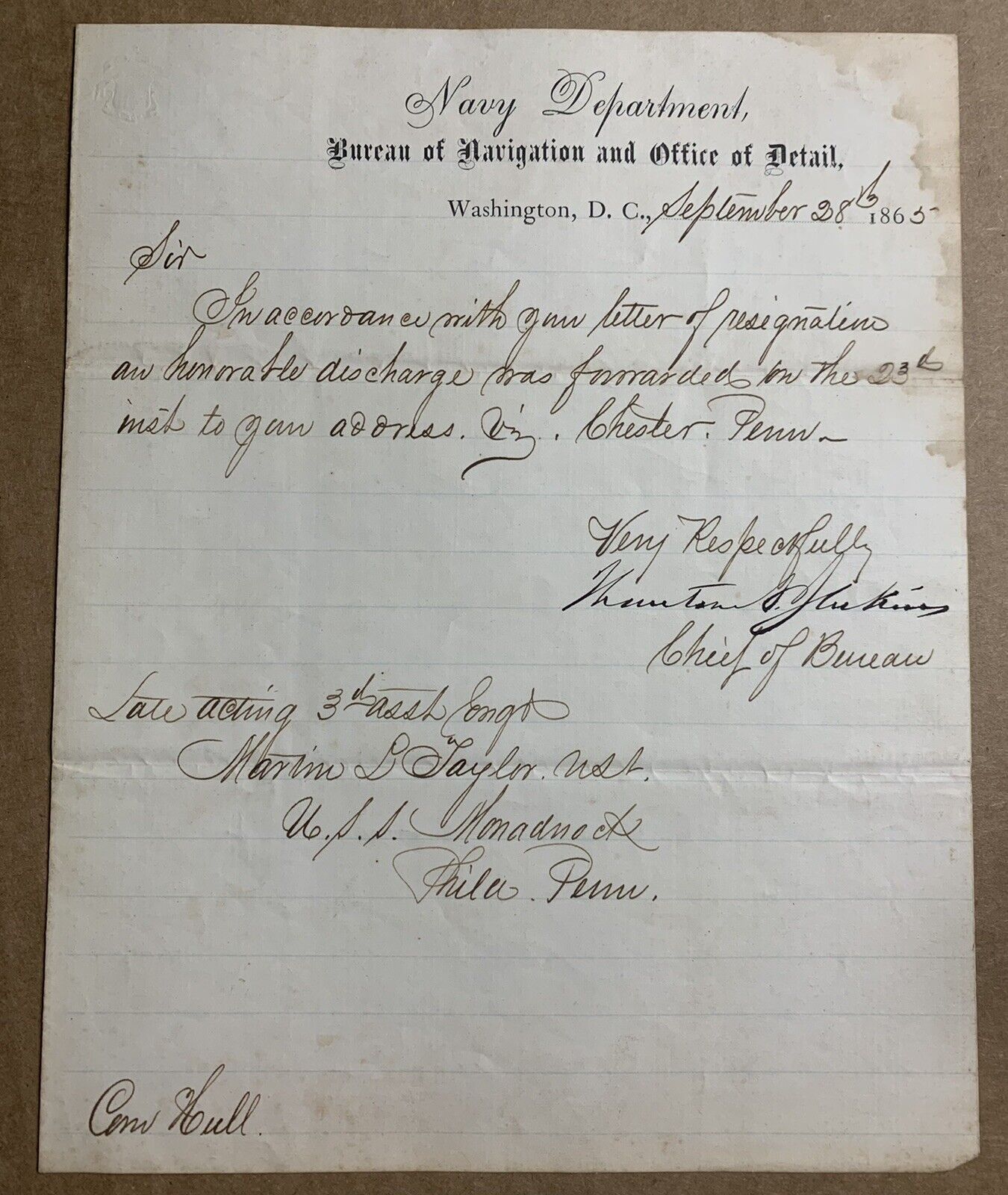-40%
CIVIL WAR MAJOR 50th WI INFANTRY GOVERNOR SECY SENATOR SPOONER AUTOGRAPH SIGNED!
$ 5.27
- Description
- Size Guide
Description
JOHN COIT SPOONER(1
843
–1
919
)
CIVIL WAR CAPTAIN and BVT MAJOR IN “A” Co., 50th WISCONSIN INFANTRY and “D” Co., 40
th
WI INFANTRY 1865-1866,
CIVIL WAR MILITARY SECRETARY TO THE GOVERNOR OF WISCONSIN
&
U.S. REPUBLICAN PARTY SENATOR FROM WISCONSIN
1885-1891 and 1897-1907.
A popular figure in Republican politics, Sen. Spooner was offered three cabinet positions during the administrations of Presidents McKinley and Taft, but turned them all down!
As a US Senator, he sponsored
the
'Spooner Act
,' which directed
President
Theodore Roosevelt
to purchase the
Panama Canal Zone
.
The Dictionary of Wisconsin Biography rates Spooner as one of the most powerful conservative politicians of his era.
<
<>
>
HERE’S SPOONER’S SIGNATURE REMOVED FROM A 19
th
CENTURY AUTOGRAPH ALBUM and SIGNED:
“John C. Spooner~
Wis
Feby 28, 1905”
The document measures 6¾” x 4” and is in Very Fine C
ondition.
<
<>
>
Biography of the Honorable
John Coit Spooner
John Coit Spooner
(January 6, 1843 – June 11, 1919) was a
Republican
politician, Civil War officer, and lawyer from
Wisconsin
. He served in the
United States Senate
from 1885 to 1891 and from 1897 to 1907.
Born in
Lawrenceburg
, Indiana, Spooner moved with his parents to
Madison
, Wisconsin in 1859. He attended the common schools and graduated from the
University of Wisconsin
in 1864. During the
Civil War
, he enlisted as a
private
in the
Union Army
and at the close of the war was
brevetted
major
. He served as private and military secretary to the
Governor of Wisconsin
, studied law, and was
admitted to the bar
in 1867, then serving as assistant attorney general of
Wisconsin
until 1870.
Spooner moved to
Hudson
, Wisconsin and practiced law there from 1870 to 1884. He was a member of the
Wisconsin State Assembly
in 1872 and was a member of the University of Wisconsin Board of Regents. He was elected as a
Republican
to the
United States Senate
in 1884 and served from 1885 to 1891, being defeated for reelection by
William F. Vilas
. He served as chairman of the
Committee on Claims
from 1886 to 1891. Afterwards, he was an unsuccessful candidate for Governor of Wisconsin in 1892 and moved back to Madison in 1893. He was elected to the U.S. Senate again in 1896, was reelected in 1903, and served from 1897 until his resignation in 1907. He served as chairman of the
Committee on Canadian Relations
from 1897 to 1899 and of the
Committee on Rules
from 1899 to 1907. As a Senator, he sponsored the
Spooner Act
, which directed
President
Theodore Roosevelt
to purchase the
Panama Canal Zone
.
A popular figure in Republican politics, he turned down three
cabinet posts
during his political career:
Secretary of the Interior
in President
William McKinley
's administration in 1898,
Attorney General
under President McKinley in 1901, and
Secretary of State
in President
William Howard Taft
's administration in 1909.
Spooner and fellow Wisconsin Senator,
Robert M. La Follette
, were known to be bitter rivals. Spooner disagreed with La Follette's
progressive
policies, which were opposed to his own
conservative
policies. Spooner was also one of the early opponents of direct
primary elections
. At the time,
party
nominees were selected by the party officials, sometimes by
party bosses
. Although the system left much to be desired, Spooner had this to say in description of political campaigns after the reform of direct primary elections:
"
Direct primaries would destroy the party machinery... and would build up a lot of personal machines, and would make every man a self-seeker, and would degrade politics by turning candidacies into bitter personal wrangles."
After his retirement from the Senate, he practiced law in
New York City
at the firm of Spooner & Cotton until his death there on June 11, 1919. He was interred in
Forest Hill Cemetery
in
Madison
, Wisconsin.
<
<>
>
History of the Fiftieth Infantry
WISCONSIN
(1 YEAR)
Fiftieth Infantry. -- Col., John G. Clark; Lieut.-Col., Edwin E. Bryant; Maj. Hugh McDermott.
This regiment was organized at Camp Randall and left the state by companies in the latter part of March and beginning of April, 1865.
It was sent to Benton barracks, St. Louis; thence to Fort Leavenworth, Kan., and in October to Fort Rice, Dak., where it remained until the spring of 1866.
Co. E was mustered out April 19 at Madison.
The remainder of the regiment returned in June and was mustered out on June 14.
Its original strength was 942.
Gain by recruits, 16; total, 958.
Loss by death, 28; desertion, 141; discharge, 127; mustered out,
562.
Source:
The Union Army, vol. 4, p. 72
Report of Capt. Arthur A. Putnam, Fiftieth Wisconsin Infantry.
Headquarters,
Post of Boonville, Mo., May 3, 1865.
COL.: I have the honor to report an engagement with nine men of Capt. Weaver's company on a large island sixteen miles down the river. Learning that a body of guerrillas intended to cross the river at that point, I started in pursuit with seventeen men of Capt. Miller's company and a citizen, who had given the information, as a guide. By hard riding we reached the island a few minutes after they had crossed. I arrested a man named Turner, who assisted them to cross. Leaving a part of the men to guard our horses, I crossed over with nine men and came upon the rebels after traveling about two miles, and attacked them. Making but little resistance, they took to the bush, leaving nine horses and saddles in our possession, which we secured. I continued to pursue them till dark before we came upon them again. It being so dark they make their escape after exchanging a few shots. Not having a sufficient number of men to secure them in the heavy underbrush, I discontinued the pursuit and returned to Boonville. One of the horses, which had been taken from our guide, I turned over to him, but neglected to take a receipt. He had described the horse before we captured them. I found in Capt. Weaver's saddle-bag the inclosed order* from Gen. Rains, of the rebel army, authorizing him to raise troops to operate on the Missouri border. What disposition shall I make of the prisoner?
Very respectfully, your obedient servant,
A. A. PUTNAM,
Capt., Cmdg., Post.
Col. C. HARDING,
Cmdg. District of Central Missouri.
Source:
Official Records
PAGE 253-101
LOUISIANA AND THE TRANS-MISSISSIPPI.
[CHAP. LX.
[Series I. Vol. 48. Part I, Reports, Correspondence, Etc. Serial No. 101
I am a proud member of the Universal Autograph Collectors Club (UACC), The Ephemera Society of America, the Manuscript Society & the American Political Items Collectors (APIC) (member name: John Lissandrello). I subscribe to each organizations' code of ethics and authenticity is guaranteed. ~Providing quality service & historical memorabilia online for over twenty years.~
WE ONLY SELL GENUINE ITEMS, i.e., NO REPRODUCTIONS, FAKES OR COPIES!
